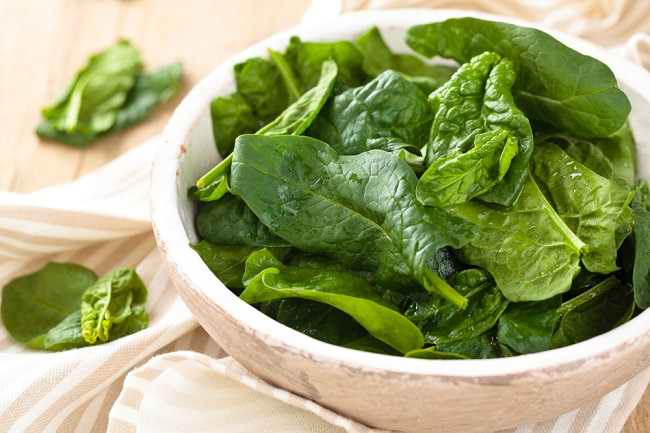During pregnancy, pregnant women are recommended to eat nutritious foods, including chicken liver. Although it contains a variety of vitamins and minerals that are good for pregnant women, chicken liver should not be consumed too much because it can cause disturbances to the fetus.
Chicken liver is a food that contains many important nutrients for pregnant women and fetuses, such as protein, fat, vitamins, A, B vitamins, and folate. Not only that, chicken liver is also rich in minerals, such as calcium, iron, magnesium, zinc, phosphorus, and calcium.

With abundant nutritional content, it is not surprising that chicken liver is one of the best foods to eat. However, what about pregnant women? Is it okay or safe to eat chicken liver while pregnant?
Benefits of Chicken Liver for Pregnant Women and Fetus
The following are some of the benefits of nutritional content in chicken liver for pregnant women and fetuses:
1. Supports fetal growth
Chicken liver contains protein that is important for the growth of fetal tissues and organs, including the formation and development of the brain. In addition, protein also helps the breasts and uterus grow during pregnancy to accommodate the needs of the fetus.
2. Build fetal bones and teeth
Besides being important for supporting the growth of fetal bones and teeth, the calcium content in chicken liver is also good for the development of fetal heart and muscle function. Pregnant women who eat foods high in calcium during pregnancy also have a lower risk of developing preeclampsia.
3. Prevent birth defects in the fetus
Chicken liver also contains folate. This nutrient is important to be consumed by pregnant women to prevent neural tube defects in the fetus, namely congenital abnormalities in the brain and spinal cord that are quite severe.
4. Prevent anemia in pregnant women
During pregnancy, pregnant women need iron intake to produce red blood cells that carry oxygen throughout the body. If the body lacks iron, pregnant women are prone to fatigue and iron deficiency anemia. One of the foods that contain lots of iron is chicken liver.
Risks of Consuming Chicken Liver when Pregnant
Although it contains many nutrients and benefits, chicken liver is not recommended to be consumed too often by pregnant women or consumed in too many portions.
The following are some reasons why the consumption of chicken liver during pregnancy still needs to be limited:
Too much vitamin A
In 100 grams of chicken liver, there are around 4000 micrograms of vitamin A. This amount is much more than the recommended daily intake of vitamin A for pregnant women, which is 750-900 micrograms per day.
Vitamin A is essential for fetal growth and development and for building the immune system of pregnant women and fetuses. However, if consumed too much, vitamin A can actually be harmful to the fetus because it can cause the fetus to experience defects. This is caused by vitamin A poisoning due to excessive consumption of chicken liver.
As an alternative, pregnant women can get their vitamin A intake from other food choices, such as sweet potatoes, pumpkin, carrots, spinach, melon, mango, broccoli, mustard greens, milk, and eggs.
At risk of bacterial infection
Undercooked chicken liver is at risk of being contaminated by bacteria Campylobacter and Salmonella. Both of these bacteria can cause pregnant women to get diarrhea, fever, nausea, vomiting, and stomach cramps. This is certainly dangerous for the condition of pregnant women and fetuses.
Suggestions for Consuming Chicken Liver during Pregnancy
Pregnant women can eat chicken liver, but the amount must be limited. If pregnant women want to eat chicken liver during pregnancy, only consume it once or twice a month. Try not to eat chicken liver every day or eat chicken liver in excess.
Also be careful if pregnant women want to take additional pregnancy supplements that contain vitamin A or beta-carotene. It is better to reduce or limit the consumption of chicken liver if pregnant women regularly take these pregnancy supplements.
In addition, also make sure that the chicken liver is cooked until it is completely cooked so that it is free from germ contamination. Also be careful when handling or cooking chicken livers to prevent the spread of bacteria to or from other foods.
If pregnant women have questions about the nutritional needs of pregnant women or about foods that can and should not be consumed during pregnancy, do not hesitate to consult with a gynecologist.









